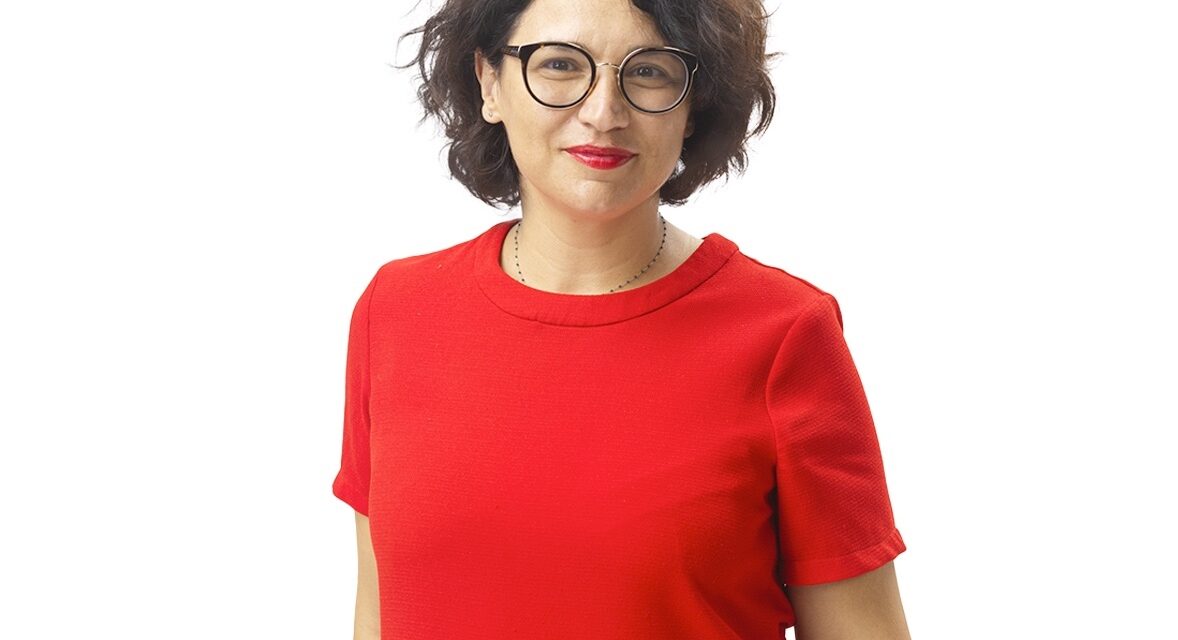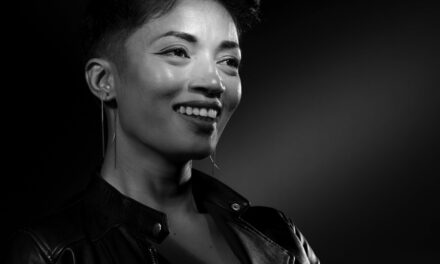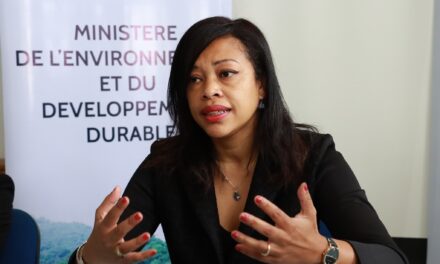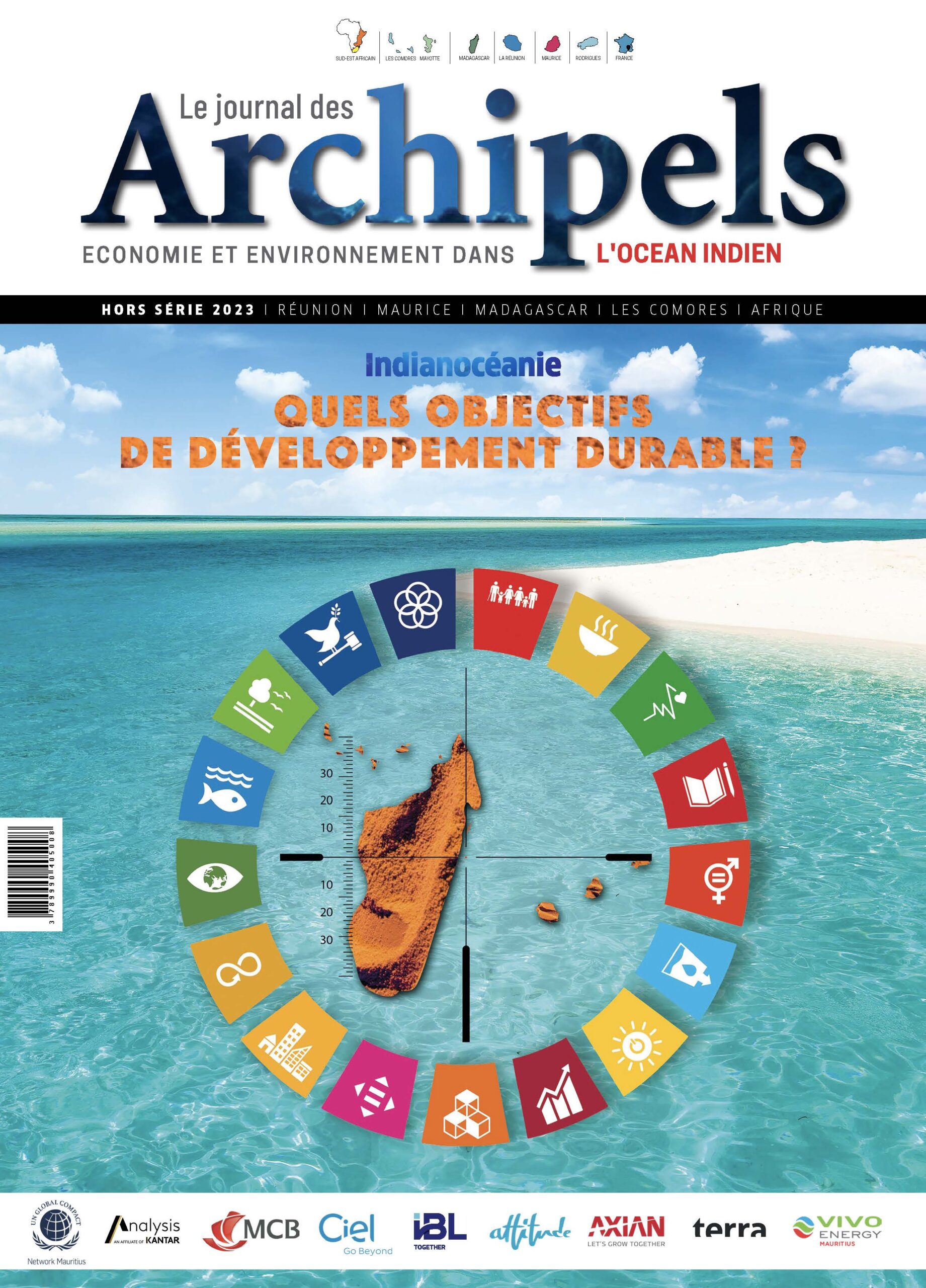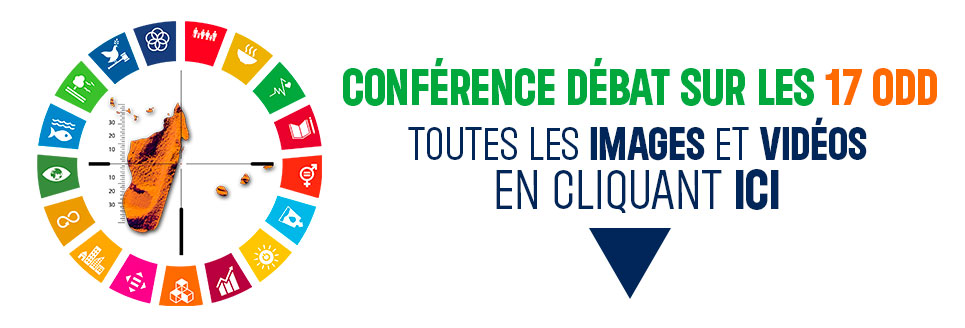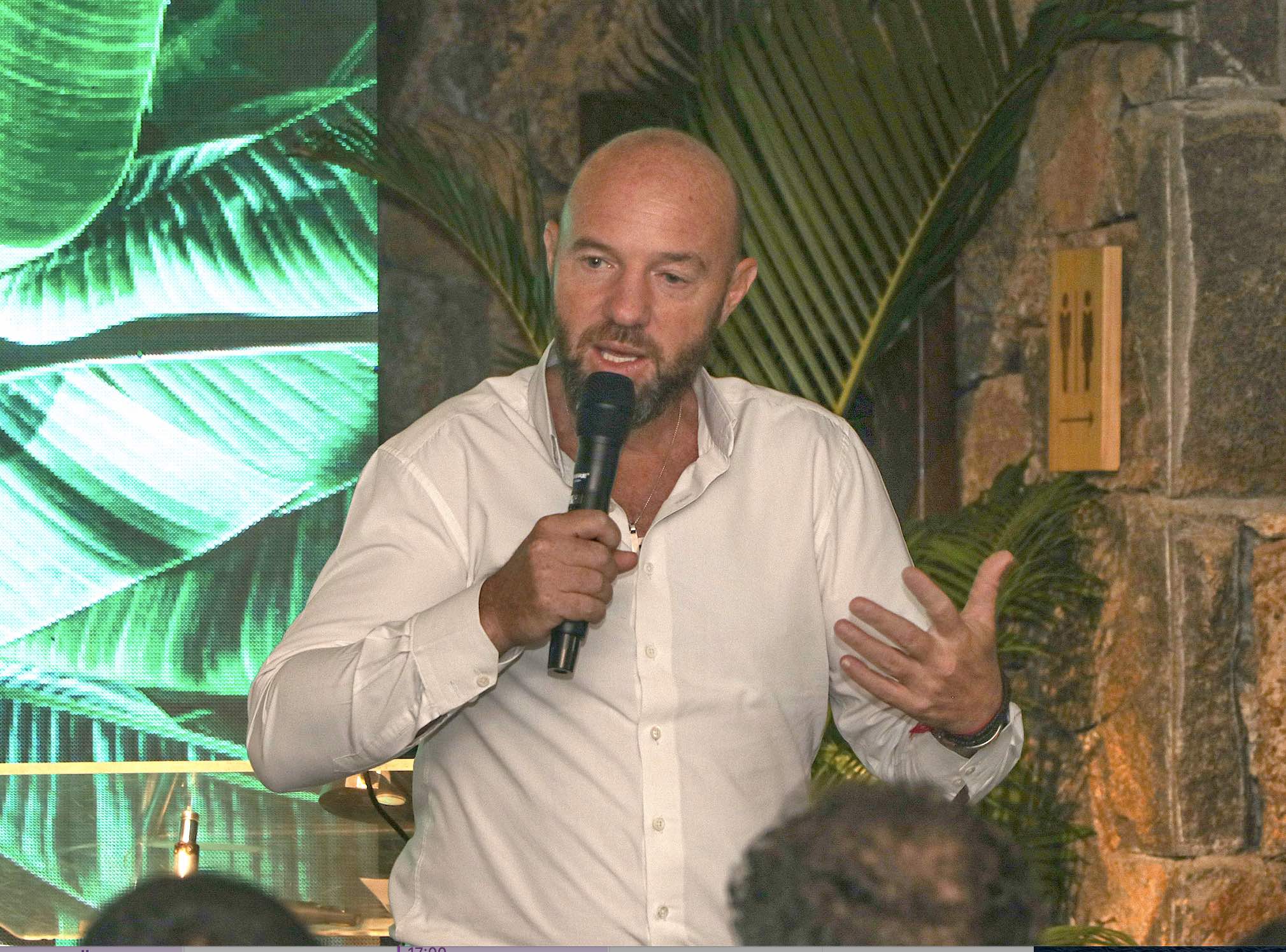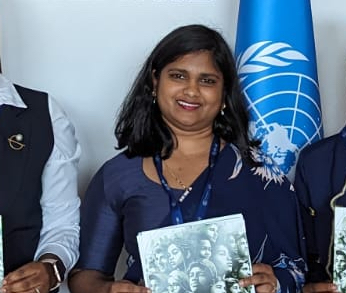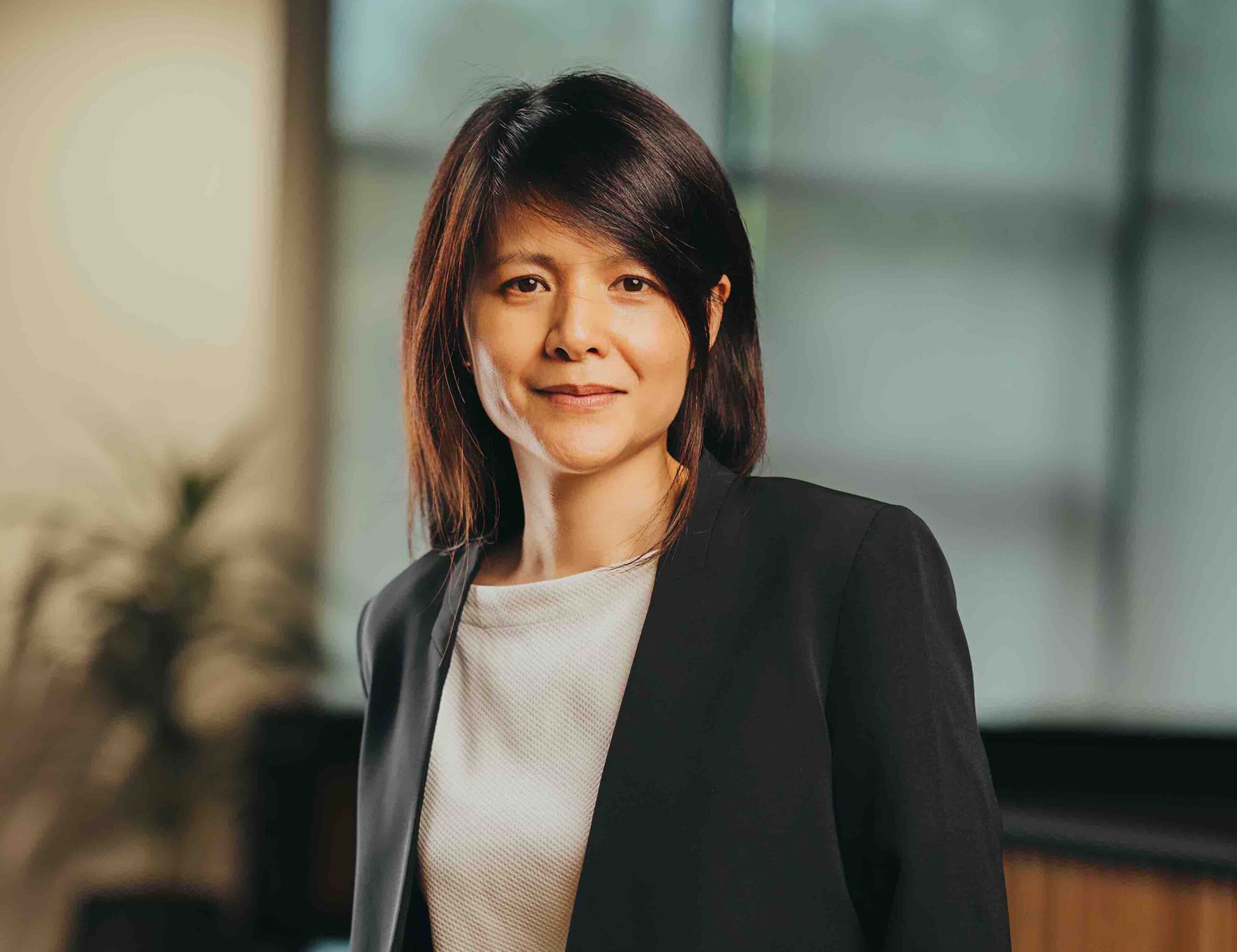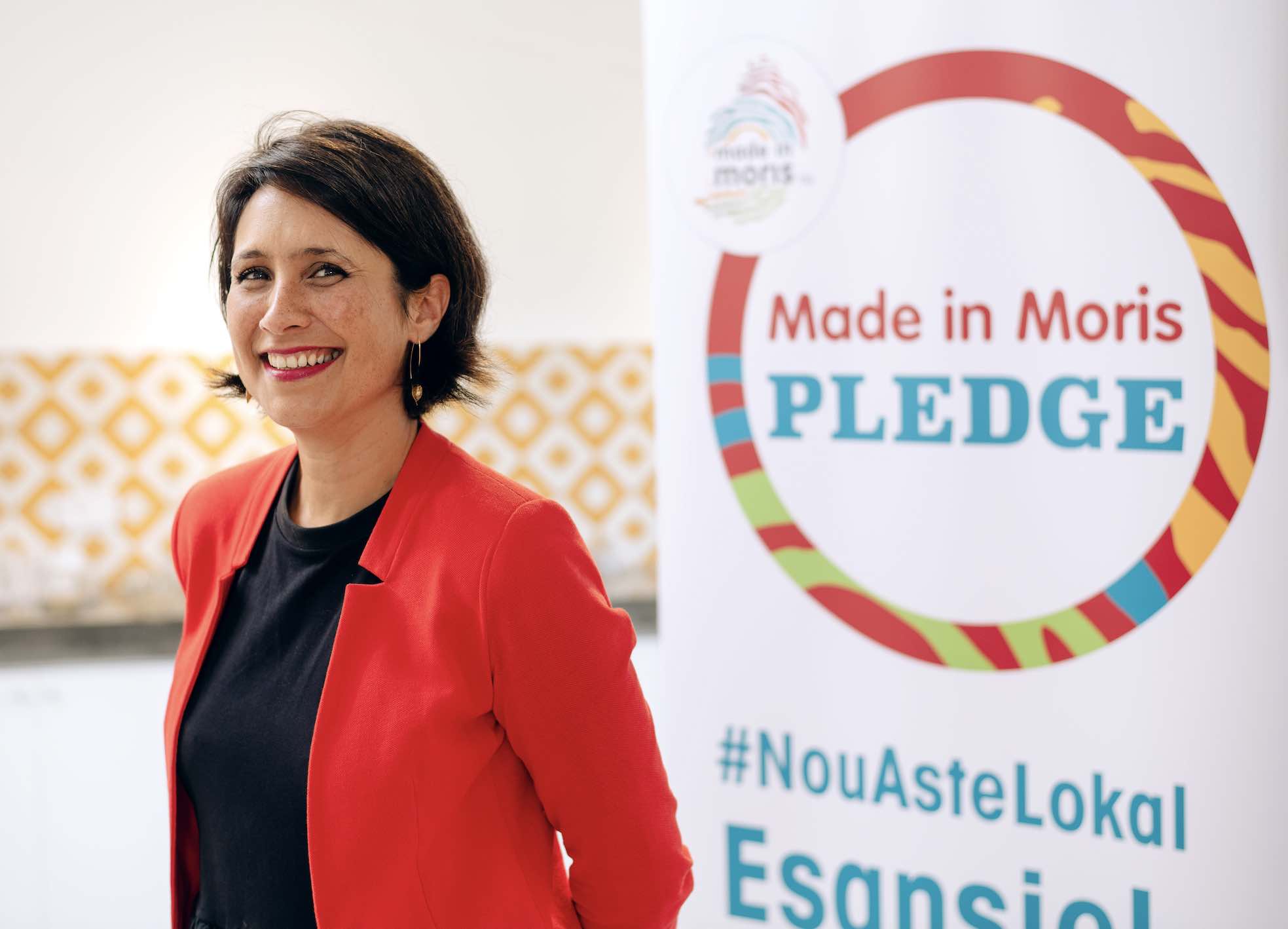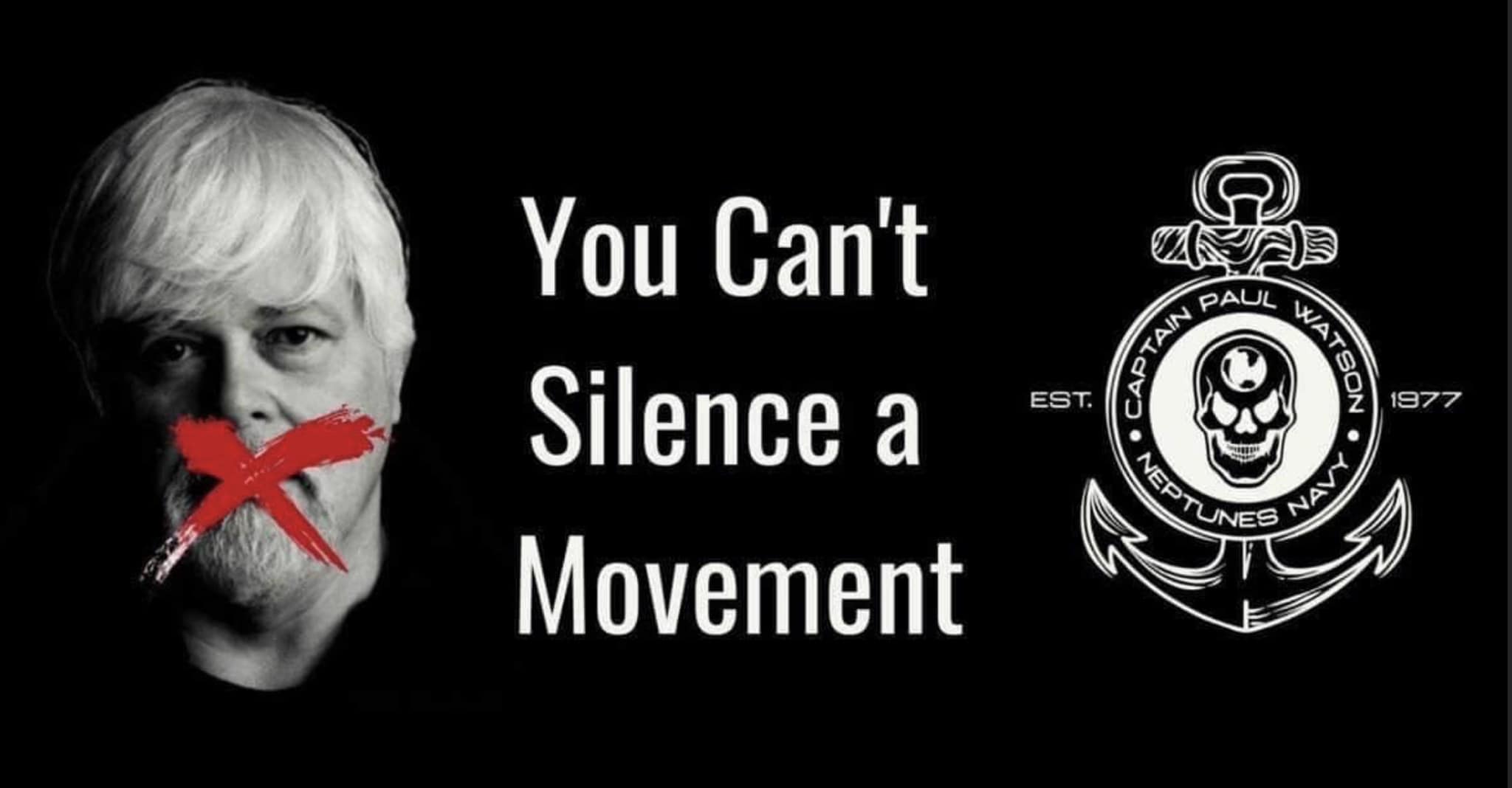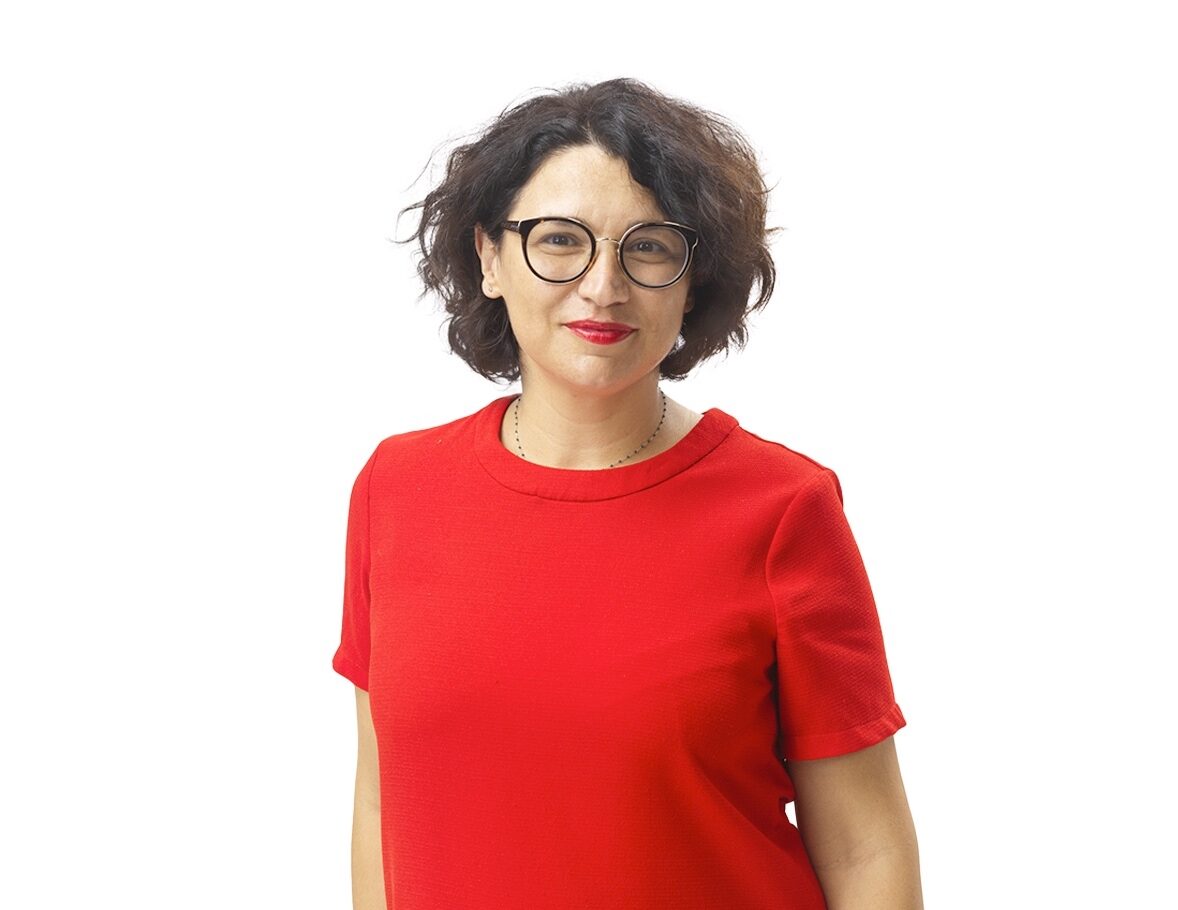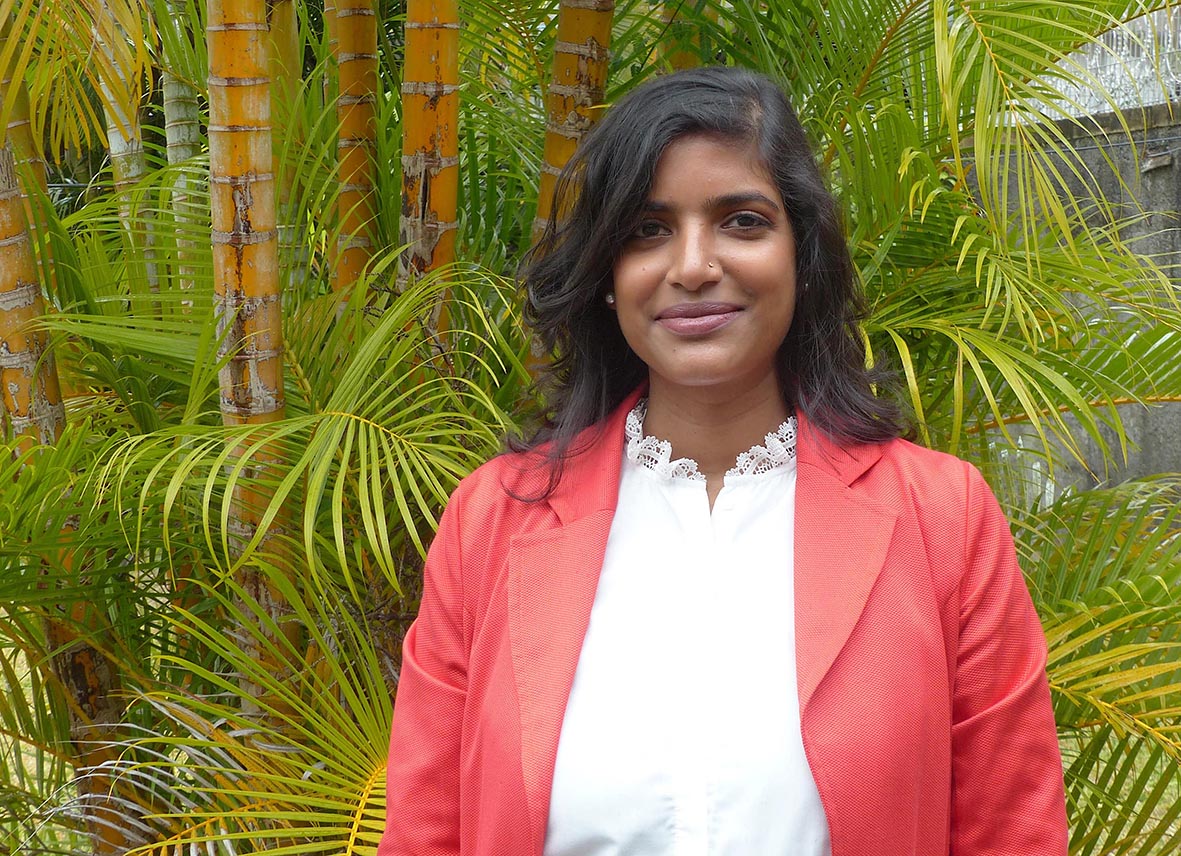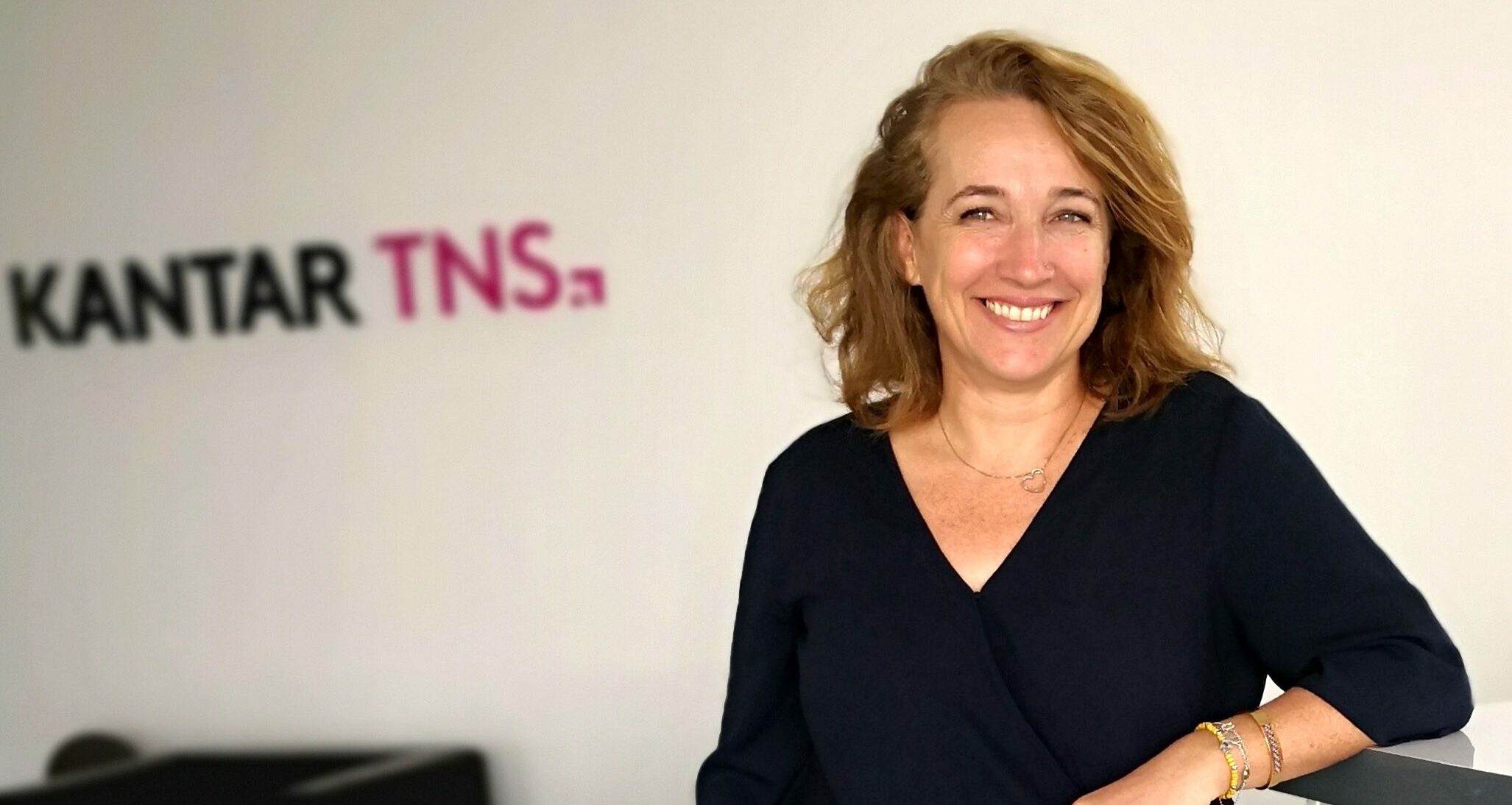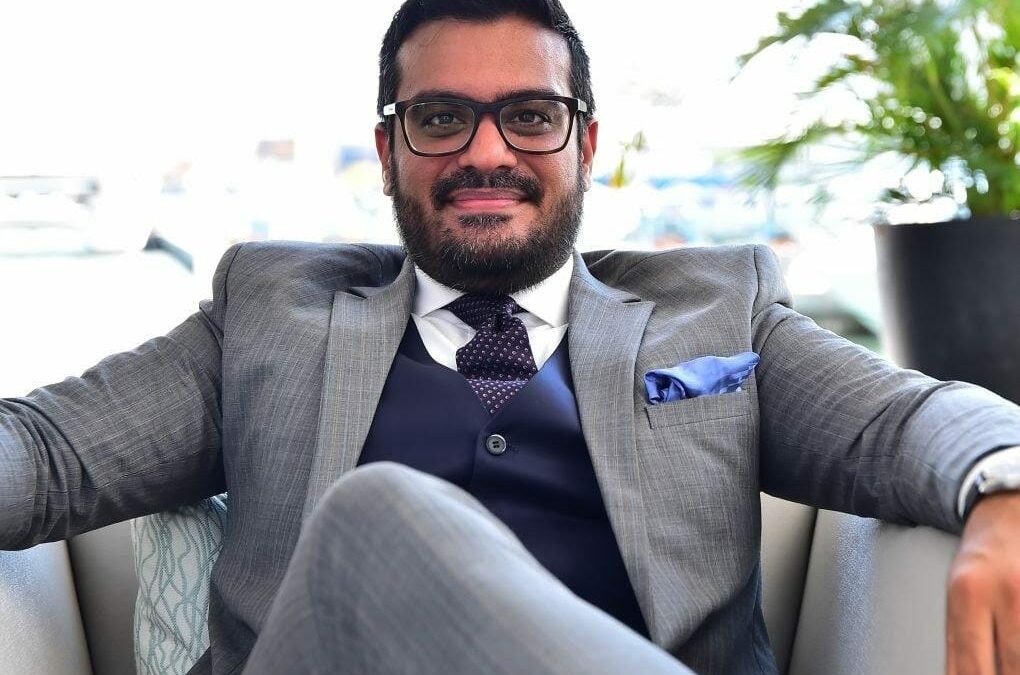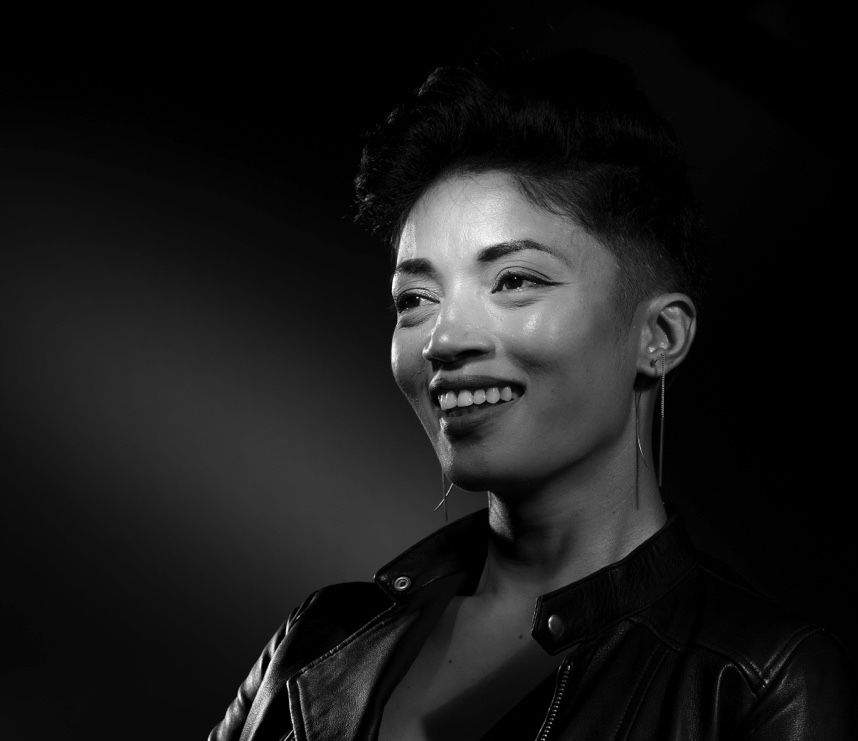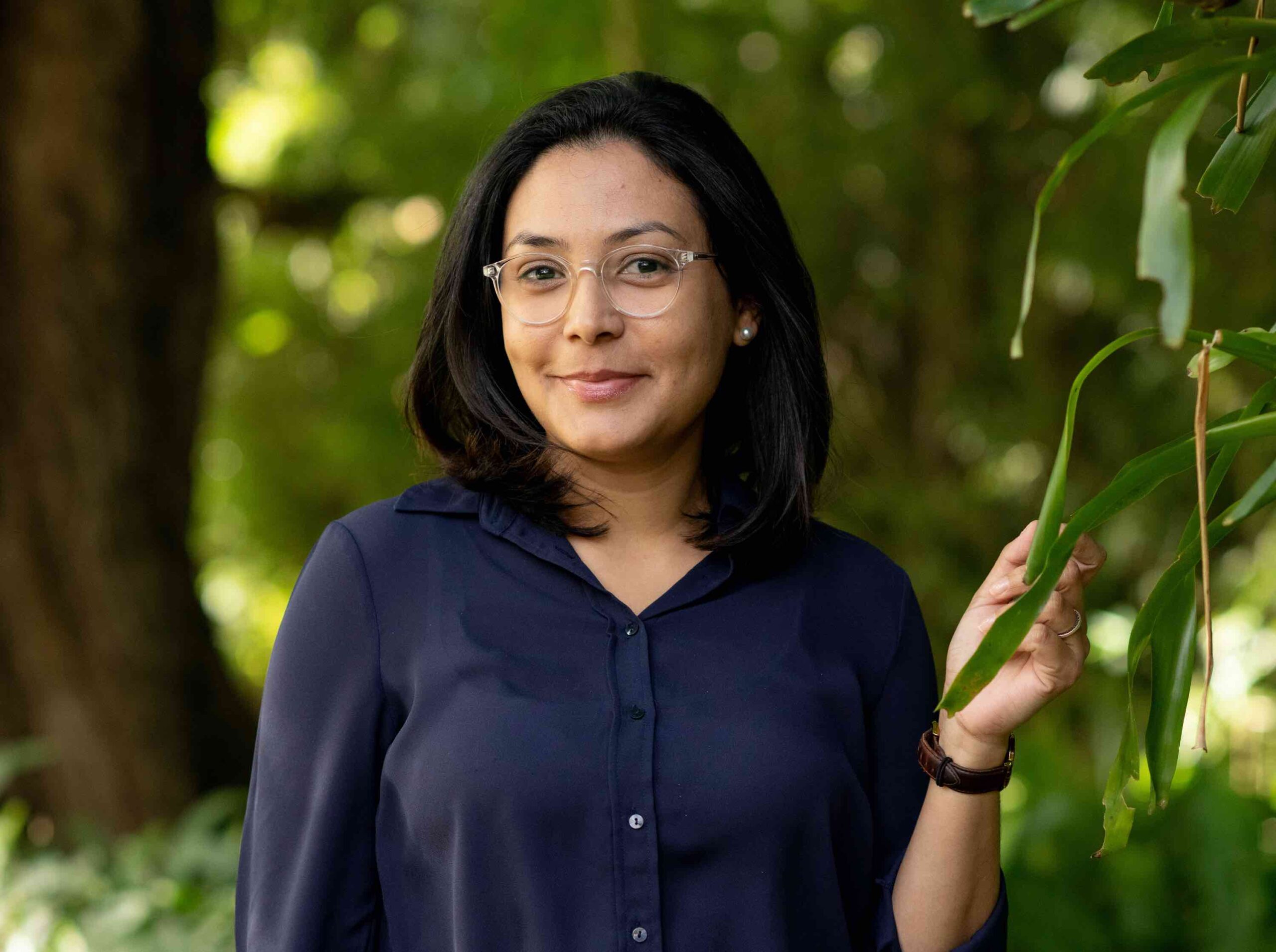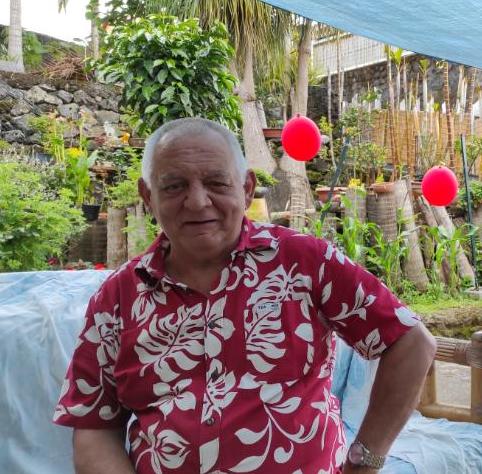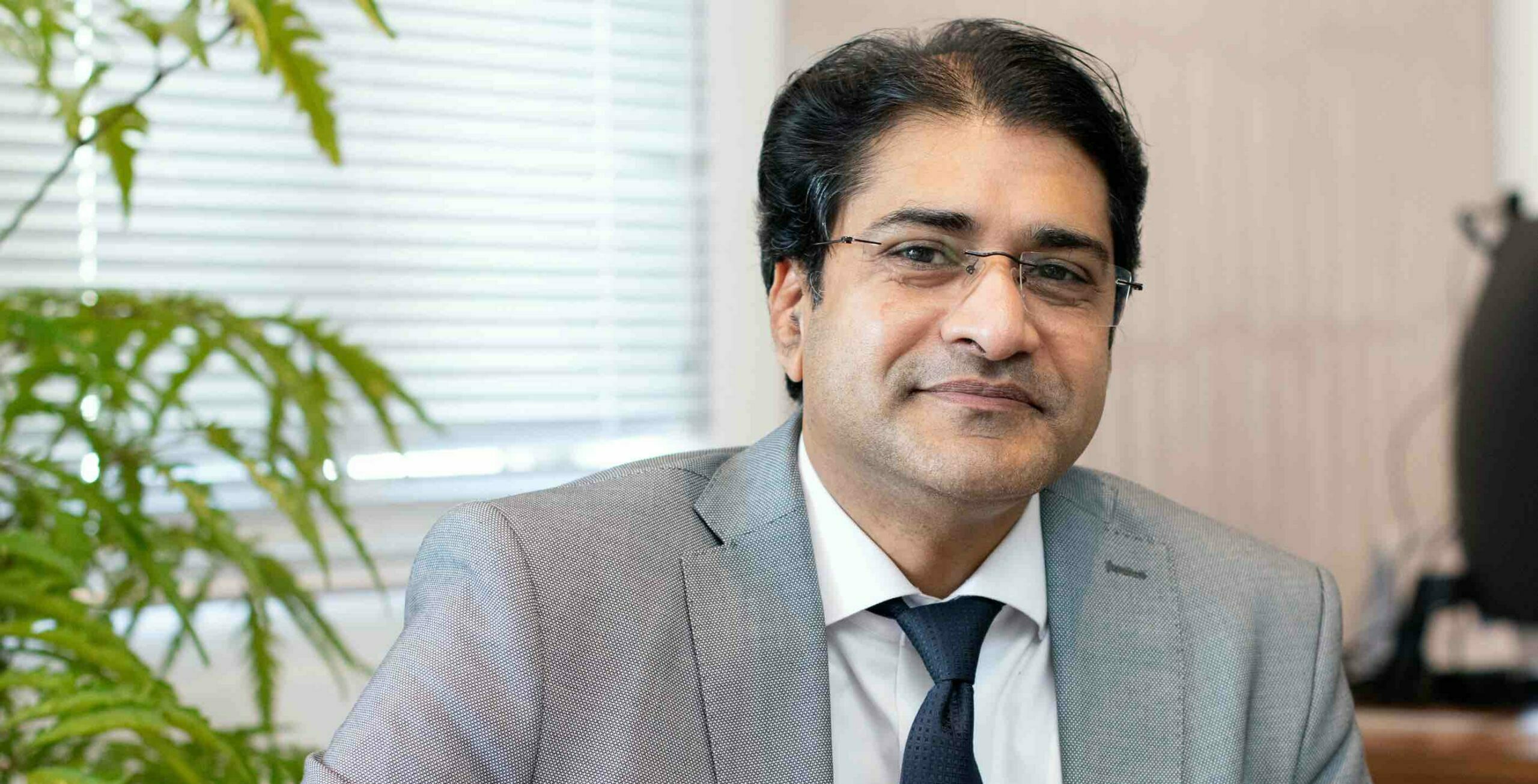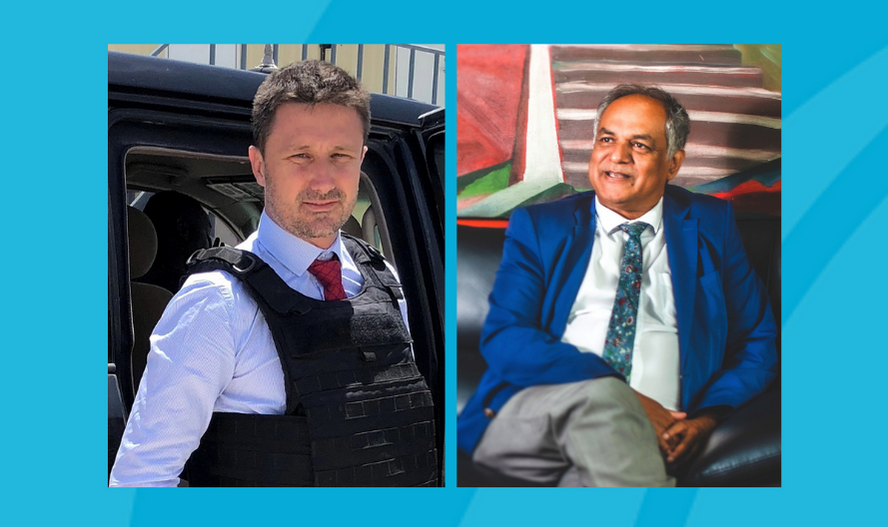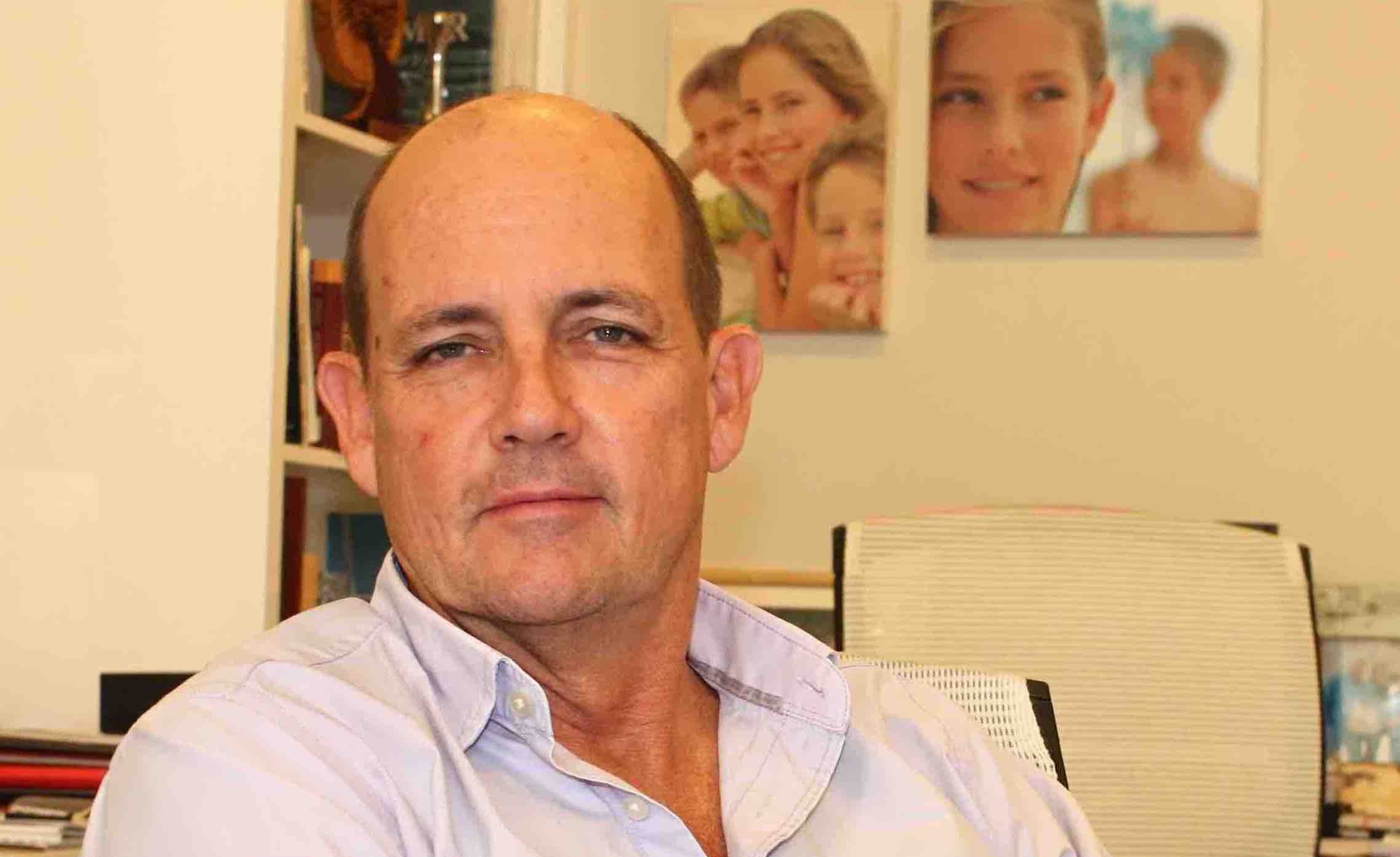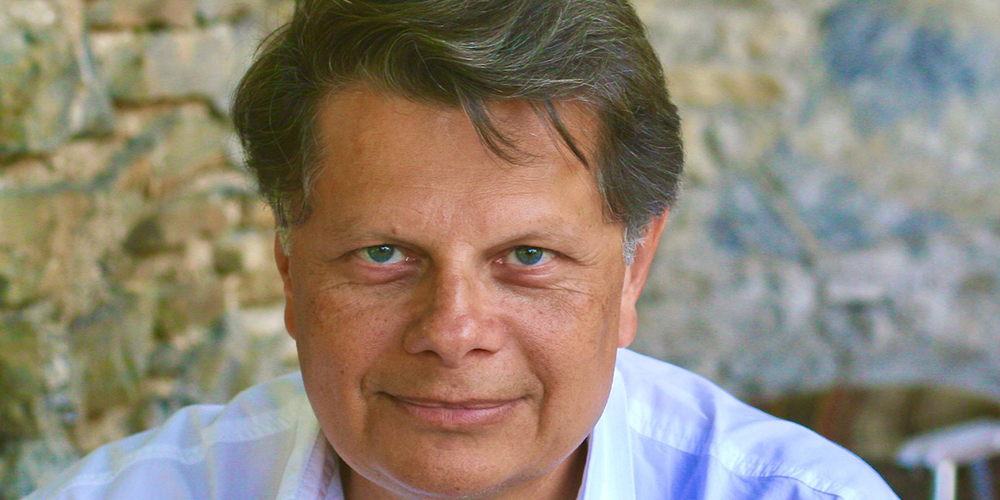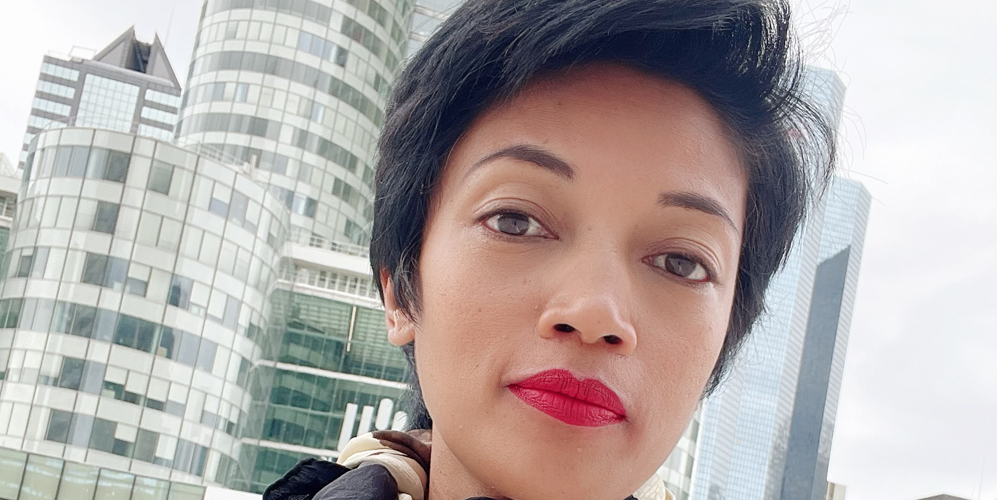The Imagecorp agency has launched its first “Come’On” talk in collaboration with IPSOS, with the aim of getting Reunion’s players to take stock of an inflationary and profoundly changing context. Marianne Caruel*, associate director and manager of the agency, summarizes the main trends of this study.
“In today’s uncertain environment, it’s the role of an agency to be able to anticipate the needs of its customers, and provide effective responses to understanding new behaviors and emerging consumer habits,” Marianne Caruel points out, prefacing this presentation.
“The period from 2019 to 2022 has indeed been marked by several successive crises, which have had a profound impact on populations. A context of uncertainty in which habits have changed, against a backdrop of new anxiety-provoking factors. Overall, the people of Reunion are twice as worried about the future as they were in 2019, with a plunge into poverty in a context of uncontrolled inflation, ecological disasters and the possibility of global conflict as major sources of concern.
Distrust of the authorities and the media is growing.
Thus, 62% of Reunion Islanders do not trust the government to find fair solutions to their problems, and 72% of them say they do not trust the media (national media, editor’s note). These figures are up by 6 and 8 points respectively compared to November 2019. More generally, it’s confidence in the future that is waning sharply, with just 13% of Reunion’s population declaring that they are confident about the future.
Since July 2019, and a period marked by the pandemic but also the war in Ukraine and high inflation, households on the island thus claim to have considerably modified their way of consuming… ”
Brands that innovate to meet new needs.
If trends are defined by behaviors linked to social groups, which have been amplified by the crisis?
The manager of the Imagecorp agency develops other questions in this interesting analysis: how are brands accompanying their territory, their inhabitants, their targets, their ecosystem in this context of change?
Compared to 2019, the benchmark year for the “world before”, the people of Reunion have drastically reduced their pleasure purchases, and cut back on quality and the purchase of major brands. Consumers are turning more to low-cost or distributor products, and are on the hunt for special offers. In order to preserve purchasing power in essential categories (food, transport and fuel), spending has fallen accordingly in categories considered to be incidental (sweet and savoury cookies, alcohol, clothes, outings and vacations, high-tech). On the other hand, purchases of environmentally-friendly products, health-related products and fresh produce are balanced between increases and decreases over the 2019/2022 period.
Reunionese consumers are more likely to report feeling tired or anxious than before the pandemic, and are therefore more inclined to buy products that will make them feel better. “Marianne Caruel explains: “Here we see brands leading the way, innovating to meet new or growing needs.
New values and new points of reference.
The period of uncertainty that has opened up with a succession of crises over the past three years has also established or reinforced consumer habits. Practices that enable us to be more sustainable consumers, while at the same time saving money, are on the rise, but are still limited on Réunion by the limited range of products on offer.
Added to this is the use of new tools, such as virtual or augmented reality, to test or get an idea of products before triggering a purchase. Micro-influencers, considered more authentic and closer to the consumer, are increasingly in demand. These societal changes are further accelerated by technology, in particular AI and the emergence of Web 3.0.
Brands reinventing themselves.
Against a backdrop of far-reaching change, the study of consumer habits in Reunion Island enables brands to identify both the impact of the changes taking place, and the strategies they need to adopt to respond to them.
We need to move beyond the wait-and-see attitude that can sometimes affect even today’s structuring customers,” says Marianne Caruel, “We can also see that habits can sometimes change radically, and it’s important to be in tune with these developments.
Several examples from Reunion illustrate these strategies, such as the B Bot, eco-design in packaging, or a different way of thinking about sales operations. Such was the case with Crepe Peï, which brought together 4 local brands (RBI, Kokot, Candia, Meunier de Bourbon) to promote products with a good Peï taste. These are just some of the examples that meet the expectations of the people of Reunion and reflect current trends.
*Marianne Caruel
“Co-creating brand cultures to impact the world, “our” world.
After a career in Paris as communications manager at Voyager Autrement (Groupe Vacances Bleues). Marianne accepted Mastergroup’s offer to contribute to the development of their communications agencies in Mayotte and Madagascar, and in 2011 took up the challenge of managing the Facto-Saatchi&Saatchi Madagascar agency.
There, she advises and supports international advertisers such as Orange, Total, BOA, Castel, Rio Tinto, EXXON, the European Union, UNDP, UNICEF… and local advertisers such as Socolait, JB and EDL. It was here that she developed a particular taste for helping international brands create meaning in local markets, and a fondness for developing “péï” brand strategies to bring aojute value to each territory.
In 2016, MasterGroup offered him the management of the Imagecorp agency in La Réunion. The agency took a new turn and became a 360° communications agency specializing in brand equity. It works with advertisers such as Sorebra, Royal Bourbon Industries, the Fonds Social Européen, the Département, Car Jaune…
Since 2021, Marianne has taken over the Imagecorp agency with her partner Gaël Bidegaray. They have turned it into an independent agency with one ambition: to co-create brand cultures to impact the world, “our” world.


